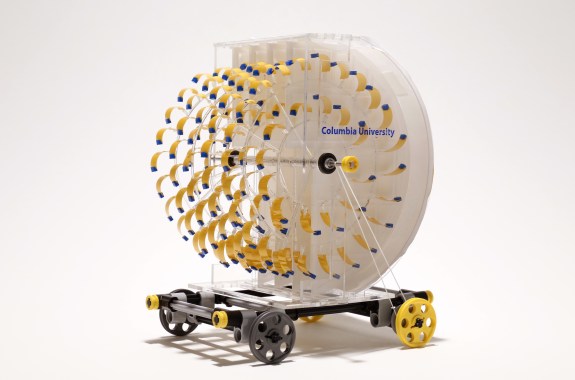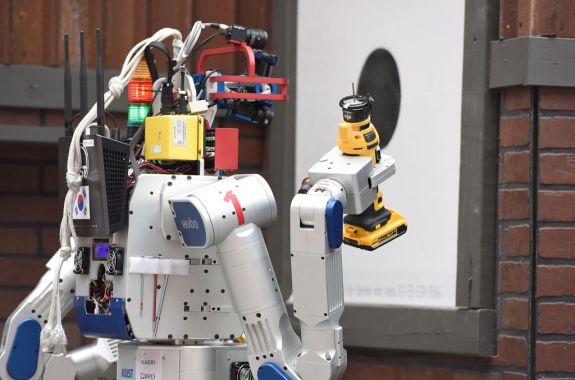Audio
Listen to Science Friday live on Fridays from 2-4 p.m. ET, or listen to our daily podcast
BROADCASTS
Listen to the full 2-hour Science Friday broadcast, from last week or any week you like.
5:57
Engineering Evaporation
Researchers at Columbia University design engines powered by evaporation.
9:33
Cephalopod Week Is Back
We kick off our second annual Science Friday Cephalopod Week—a celebration of all things tentacled.
7:14
Could Mars Have a Cold, Icy Past?
The ancient climate of Mars may have been cold and icy, according to researchers.
17:36
Science Goes To The Movies: ‘Jurassic World’
Paleontologists Lindsay Zanno and Kenneth Lacovara share what made them clap and cringe while watching “Jurassic World.”
12:00
A Cometary Awakening, a Vaccine Mystery, and Brand New Bacteria
Tariq Malik of Space.com talks about Philae’s unexpected awakening, and Arielle Duhaime-Ross helps decipher a mystery that has plagued scientists for 50 years.
8:09
This Ant Stinks
Two entomologists set out to prove the true scent of the odorous house ant.
8:21
The Walking…and Falling Robots of DARPA’s Robotics Competition
The DARPA Robotics Competition challenged teams to design robots that could navigate a simulated disaster scenario.
17:43
Climate Skeptics Convene on Capitol Hill
This week, the Tenth International Conference on Climate Change convened in Washington, D.C. But don’t confuse it with the IPCC.
12:06
Repurposing Drugs to Discover New Treatments
Could approved drugs be repurposed to discover new treatments for chronic and rare diseases?
8:44
The Silky Wonders of Worm Spit
Bioengineers at Tufts University are crafting silk protein into medical, optical, and bioelectronic materials.


